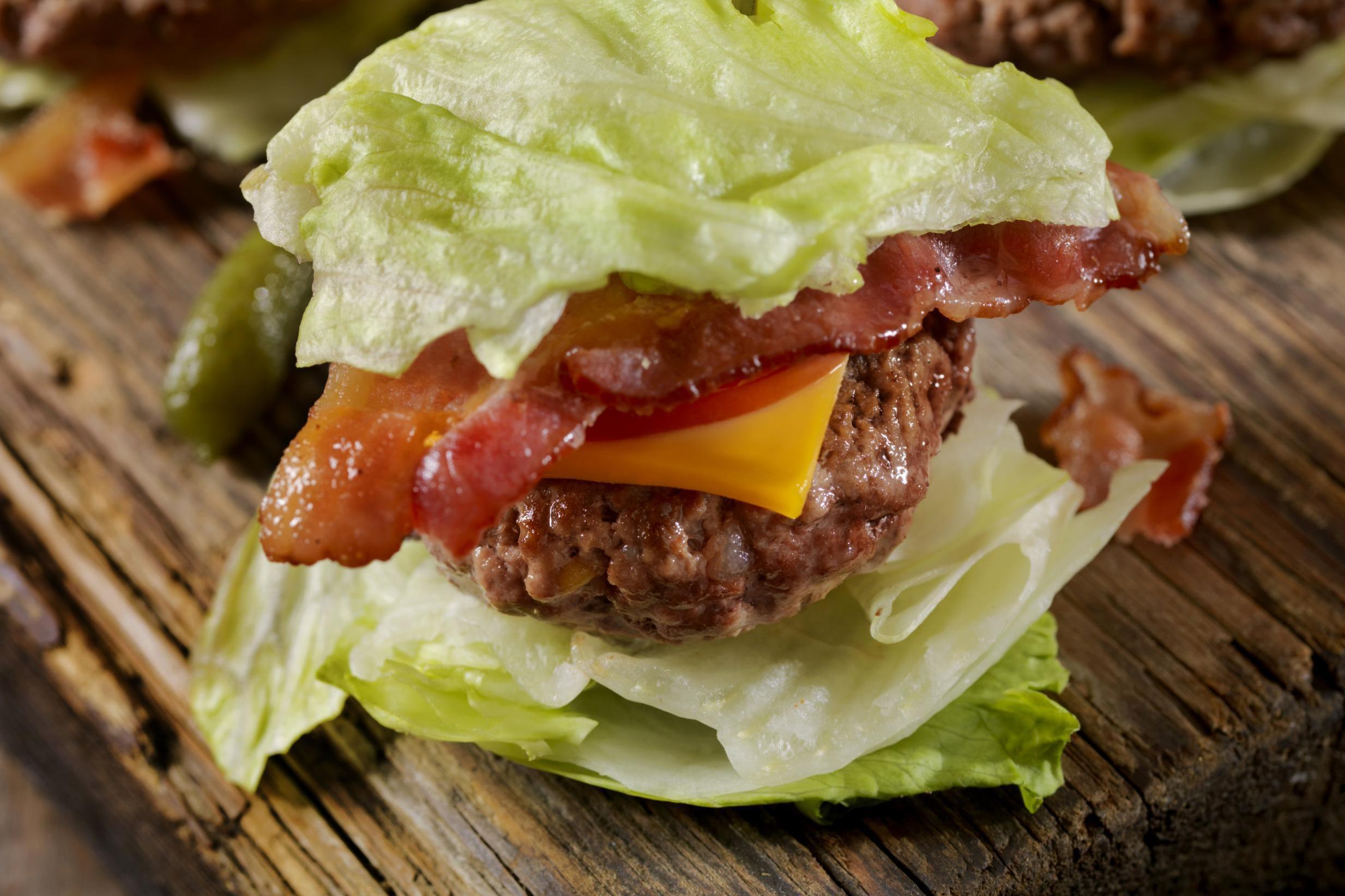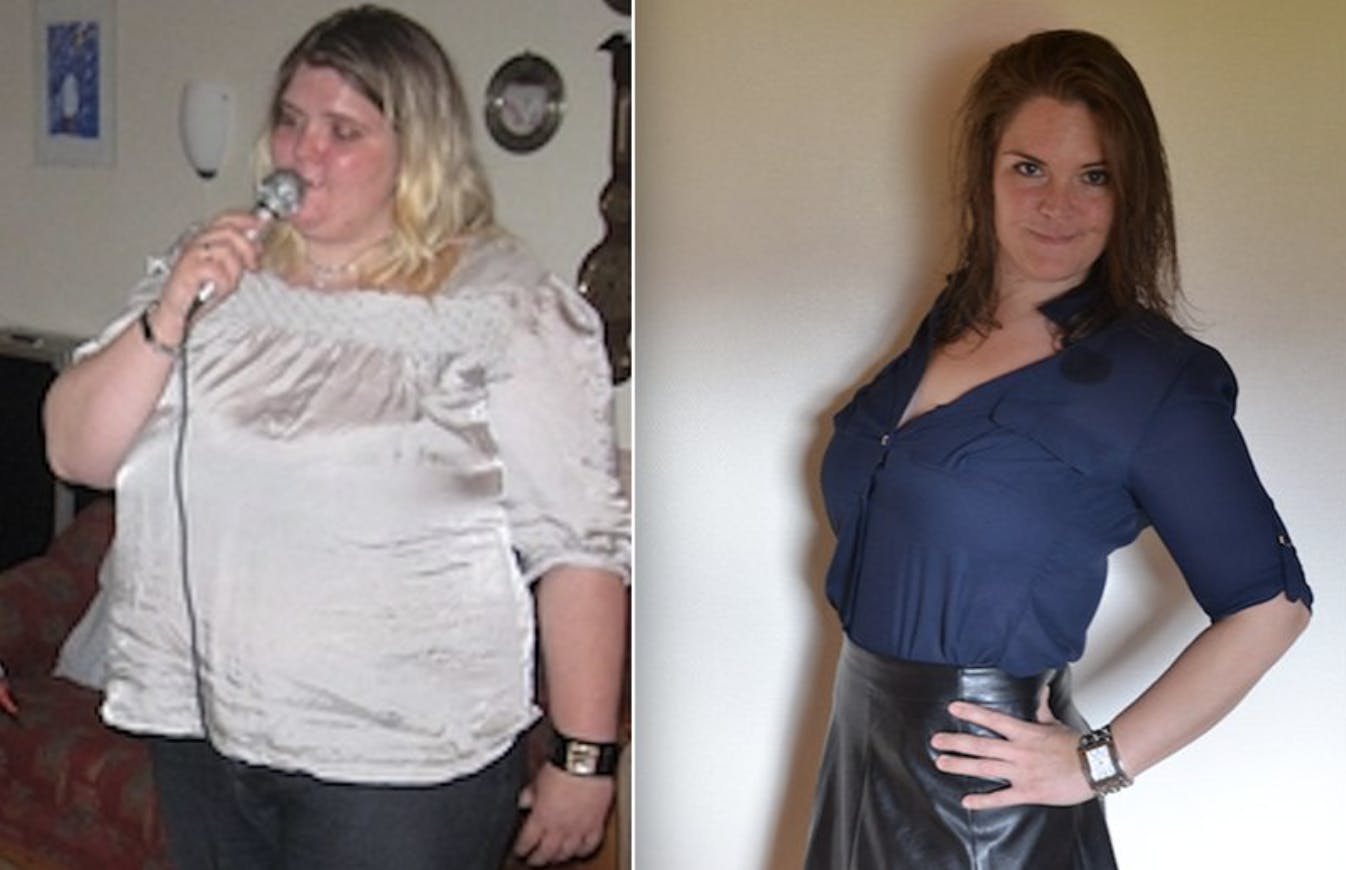Chelsea Ritschelin New York | Thursday 9 August 2018 15:19 |
An alluring version of the keto diet is becoming increasingly popular thanks to the prospect of losing weight while eating junk food - but experts warn it is more harmful than effective.
The “Dirty Keto” diet is a take on the original low-carbohydrate keto diet - but with an unhealthy twist.
The keto, short for ketogenic, diet, is linked to weight loss by minimising carbohydrate intake and eating high-fat foods that encourage your body to use the fat as fuel.
The diet, which tracks macronutrients, typically follows a template of 60-75 per cent of calories from fat, 15-30 per cent of calories from protein, and just five to 10 per cent of calories from carbs.
While it is not recommended for long-term dieting, as limiting carbs is unsustainable, the diet can be effective for short-term weight loss.
With the dirty keto variation, the idea is the same - but instead of meeting your macros with healthy protein and avocado, you can binge on junk food three times a day - as long as there are minimal carbs.
This means you could technically eat butter, cheese, bacon, and other high-fat and high-cholesterol foods, as they fit into the keto plan - but which can have detrimental effects on your health, including increased risk of heart disease.
The diet is gaining popularity, especially on Instagram, where keto-dieting bloggers are sharing their own versions of “low-carb dieting.”
In one photo of a “keto-friendly” meal, a steak is smothered in three pats of butter.
Another shows “low-carb” enchiladas covered in mounds of cheddar cheese.
While the diet may result in weight loss, experts warn against consuming your daily intake of food from unhealthy food even if you are losing weight - as it can be harmful.
Kara Landau, accredited practising dietitian and founder at Uplift Food told The Independent: “I would not be recommending this diet to anyone. The ketogenic diet certainly has been shown to have some positive effects on weight management and inflammatory markers for some people, however, considering it is already an extremely low-carbohydrate diet, removing the component of ‘healthier’ foods, and simply focusing on macronutrients can, and I suspect will, lead to a severe lack in gut-nourishing nutrients such as prebiotic fibres and resistant starches that would usually come from careful planning and the consumption of specific vegetables, within a healthier version of the ketogenic diet.”











